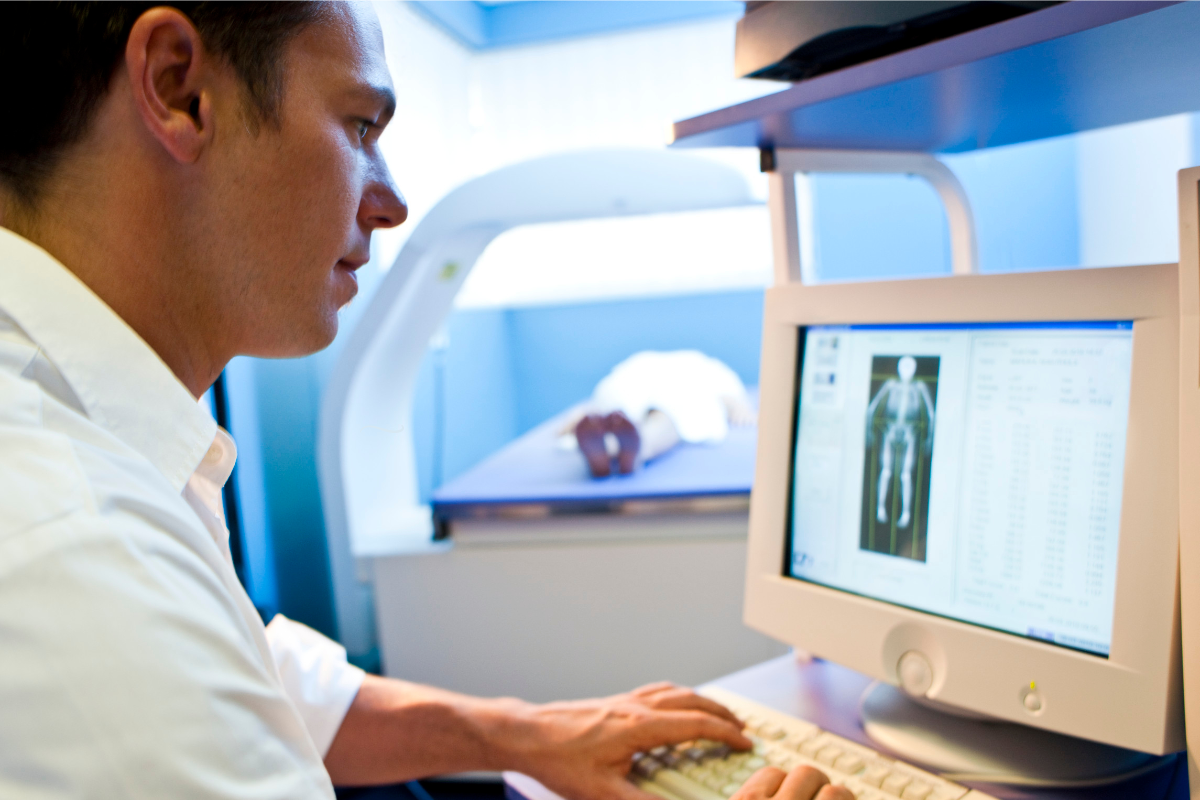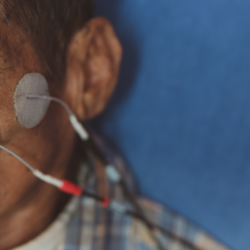Ultra-personalised medicine represents a significant advance in the field of health management, promising tailor-made care based on precise individual data. This innovative approach aims to improve disease prediction and prevention, by offering care strategies tailored to the specific needs of each individual. Through the collection and analysis of biometric data, ultra-personalised medicine aims to anticipate health risks and provide targeted recommendations for more proactive management.
What is ultra-personalised medicine?
Collecting precise data
Ultra-personalised medicine is based on the collection of detailed biometric and physiological data, essential for an in-depth understanding of individual health. This approach integrates various biomarkers such as blood sugar, cholesterol and other physiological parameters. These biomarkers play a crucial role in predicting disease and developing recommendations for personalised care.
The data collected can be used to determine specific health profiles, making it easier to detect abnormalities at an early stage and tailor treatments to individual needs. Accurate data is essential to ensure relevant medical recommendations and to develop effective prevention strategies.
Data collection technologies
Modern data collection tools are contributing to the revolution in ultra-personalised medicine. Among these technologies, connected devices such as the Garmin, the Oura Ring and sleep trackers are widely used to monitor various health parameters in real time.
These devices provide continuous data on heart rate, activity levels and sleep quality, giving an overview of the user’s state of health. The information gathered is analysed to detect anomalies and to adapt health recommendations according to changes in physiological measurements.
Disease prediction thanks to ultra-personalised medicine
Biological analyses
Biological analyses are a cornerstone of ultra-personalised medicine. Companies such as ZOE offer at-home blood and stool tests to assess a range of biological markers. These tests provide information on indicators such as blood sugar, cholesterol and other relevant biomarkers.
The results of these analyses are used to formulate specific dietary and lifestyle recommendations aimed at reducing the risk of disease and improving overall health. This approach makes it possible to tailor health advice to individual needs, taking into account the biological particularities of each person.
Early detection of abnormalities
Early detection of health anomalies is facilitated by advanced technologies such as whole-body MRIs offered by Ezra or Prenuvo. These examinations enable potential anomalies to be identified quickly, before clinical symptoms appear.
The benefits of early detection include rapid intervention, better disease management and increased chances of successful treatment. Full-body MRI provides a detailed view of overall health, helping to put in place personalised prevention strategies.
Health: How can we achieve personalised prevention?
The advanced check-ups offered by services like Zoī in France incorporate cutting-edge technologies to provide comprehensive health examinations. These check-ups, often carried out in luxurious spa-like environments, aim to detect illnesses at an early stage and offer wellness experiences.
These services not only monitor crucial health parameters, but also provide individuals with accurate information about their general state of health. The results are used to develop personalised care plans, including advice on nutrition, exercise and other aspects of daily life.
Personalised recommendations and advice
Personalised care involves using the data collected to formulate specific recommendations. Biometric information is analysed to provide dietary advice, physical activity suggestions and lifestyle recommendations tailored to each individual.
This approach enables proactive health management, helping individuals to adopt behaviours that promote better health and reduce the risk of disease. Personalised care ensures that each person can receive recommendations that take account of their biological particularities and specific needs.
How is technology reforming ultra-personalised medicine?
Technological advances are playing a central role in the evolution of ultra-personalised medicine. The integration of new technologies is enabling more accurate collection of health data and improving monitoring and analysis capabilities.
Health monitoring devices such as InsideTracker, for example, continue to evolve, offering improved functionality and better integration with health management systems. These innovations facilitate the implementation of more effective prevention strategies and enable more proactive care management.
What is the role of artificial intelligence in healthcare?
Artificial intelligence (AI ) is used to analyse healthcare data, offering advanced capabilities for detecting anomalies and formulating personalised recommendations. AI makes it possible to exploit the vast quantities of data collected to identify trends and provide precise information about the state of health of individuals.
However, over-reliance on AI has its limits. This is why it is essential to combine automated analysis with human expertise to ensure accurate interpretation of the data and to avoid misdiagnosis. AI should be used as a complementary tool, supporting healthcare professionals in their decision-making.





